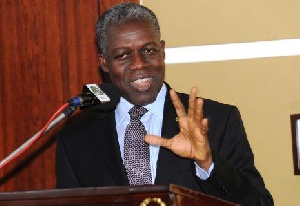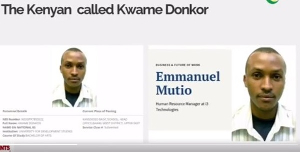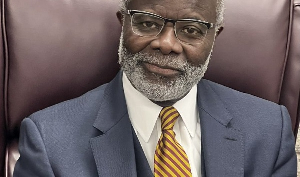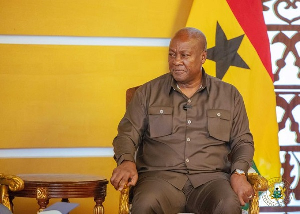Vice President Kwesi Bekoe Amissah-Arthur, anticipated some prospects for the growth of the economy, has called for the sustenance of efforts towards macroeconomic stability.
He also suggested the need for the country to diversify from an agrarian and weak industrial economy to one that creates more employment and reduce poverty.
The Vice President gave the suggestion at a business luncheon Thursday during the 53rd annual general meeting of Ghana Employers Association (GEA), in Accra.
He stressed that Ghana needed political and economic stability to facilitate accelerated economic growth and development.
The Vice President noted that there were increases in the nation’s economic indicators in 2011 and a decline in 2012, as result of election year challenges. The potential for economic growth, he said, was affected by fiscal challenges, hence the need for early restoration of fiscal balance, coupled with the need to raise tariffs.
Vice President Amissah-Arthur however observed that increase in tariffs leads to higher costs and said there would be a leverage of labour by the oil and gas sector released from the agricultural and industrial sectors.
According to the Veep, the stability started at the beginning of 2013 had not proceeded at the expected pace and that the open-ended and long standing nature of the just ended Supreme Court case on the 2012 election petition had led to uncertainties in investor confidence. Another factor that affected the flow of business was the energy crisis, he added.
Mr Amissah-Arthur said policies put in place by government are paying off with rebound of the economic indicators in the second quarter of the year.
He reiterated the need for private public partnership in the development of social infrastructure.
The President of the GEA, Mr Terence Darko, noted that the implementation of the Single Spine Salary Structure had been fraught with challenges, resulting in many strikes and unrest by workers in the public sector.
He noted that about 65 per cent of the national revenue is being spent on personnel emoluments, a situation he said seriously affect government’s ability to allocate funds to the development of social infrastructure.
Mr Darko suggested that expenditure on personnel emolument should be subjected to the overall budgetary constraints of the government and a periodic meeting of the Executive and organised labour to review the implications of the policy should also be considered.
Business News of Friday, 6 September 2013
Source: GNA

















